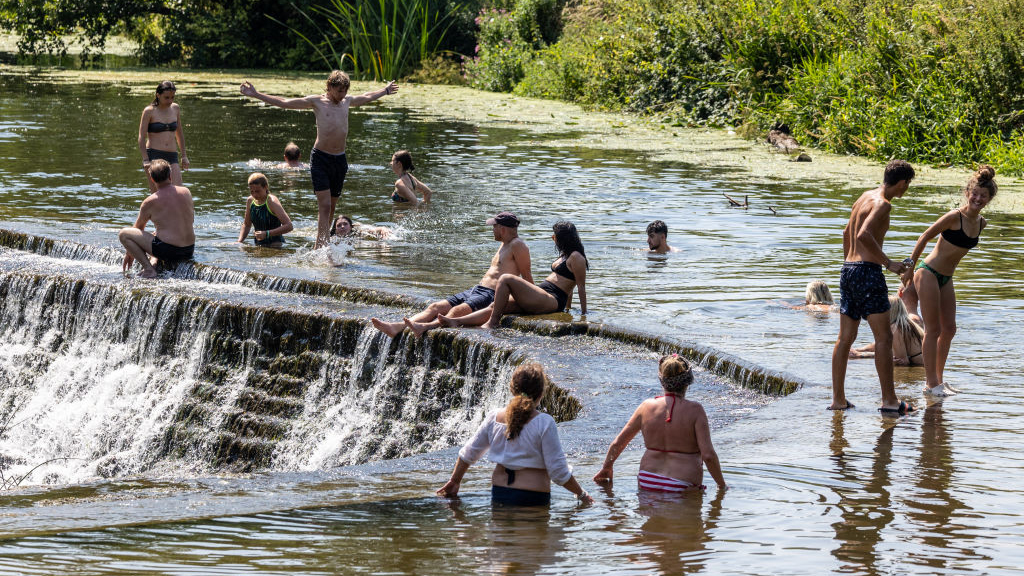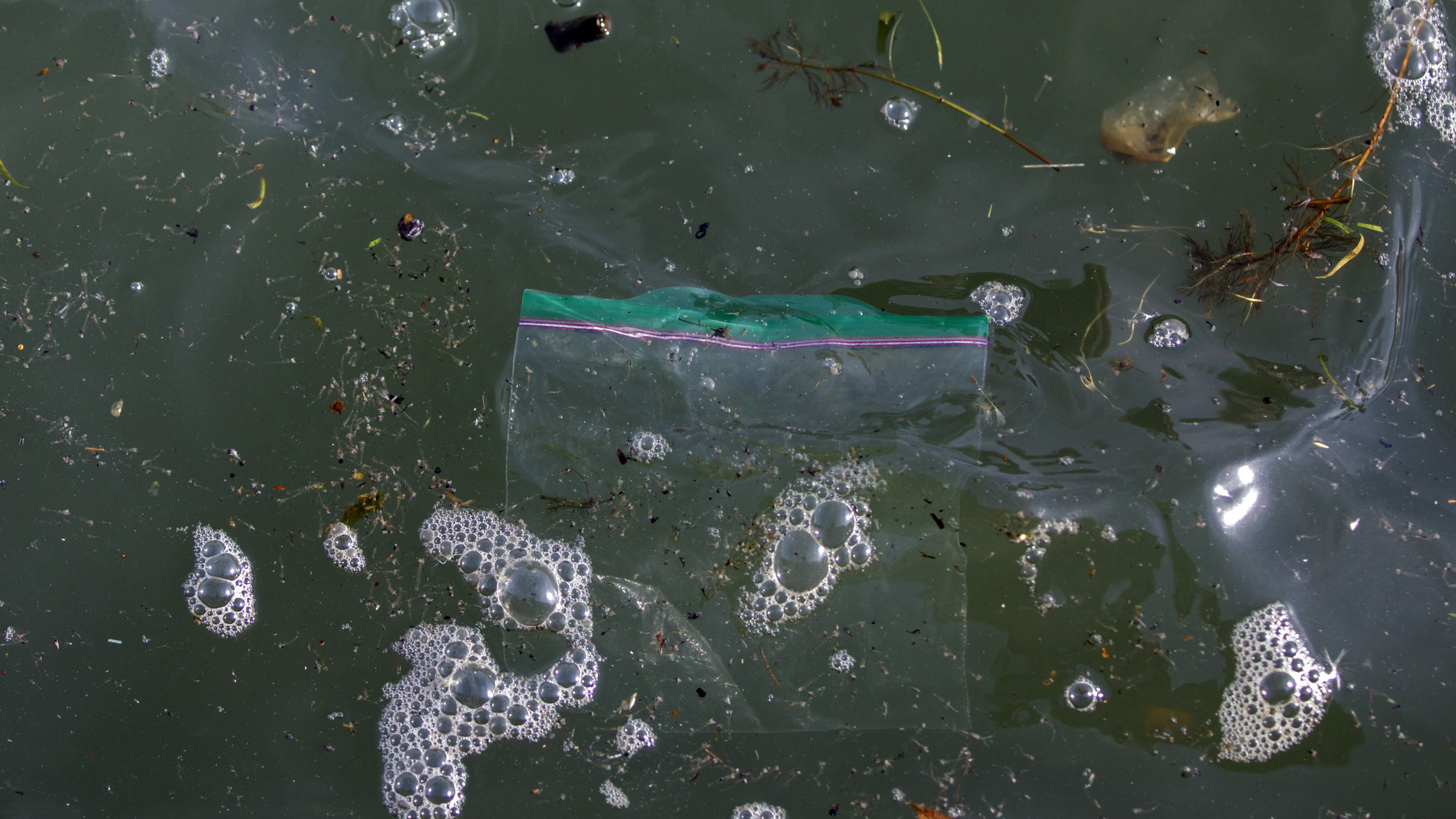
"I am not exaggerating when I say someone is going to die". That's the message a leading pollution campaigner delivered to lawmakers examining the dire state of rivers in the UK.
After a year in which rowers in the world-famous Oxford and Cambridge boat race become sick from e.coli, and Lake Windermere was deluged with raw sewage, pressure groups are not mincing their words – they say change is needed now.
Speaking as bathing water season officially opened in the UK, Charles Watson of River Action told lawmakers that people were in dire danger due to water companies routinely pumping untreated waste water into rivers, lakes and the coast.
Many of the best wild swimming spots in the UK are not monitored for pollution levels because they are not officially classed as bathing water, despite in some cases being used to swim in for hundreds of years.
As reported in the Guardian, Watson said: "I am not exaggerating when I say someone is going to die". Addressing a hearing of the UK's environment audit committee (EAC) – made up of lawmakers whose job it is to examine environmental safety – he added: “Thousands of children and families will be taking to rivers and lakes at half-term, none of which have bathing status. No one is monitoring this.”

Currently only 16% of rivers in England pass tests for good biological status and none pass tests for chemical pollution.
Water companies responsible for treating waste water and producing drinking water now routinely open 'storm overflows' and release untreated waste when it rains into the UK's river systems. The number of hours companies released sewage in this way increased by 102% from 2022 to 2023.
This week there has been an outbreak of the parasite cryptosporidium in south Devon, where residents have been told it's not safe to drink water out of the tap. More than 100 people have been taken ill, with 22 officially confirmed cases and more expected to follow.
It's not yet clear what has caused the outbreak – which can cause stomach and digestion problems lasting up to two weeks, and for which there is no antibiotic treatment – but a local reservoir which is a store for drinking water is being tested.
South West Water, the water company responsible for the reservoir, says that there is no indication of cryptosporidium in the drinking water that has left its treatment works but it is still investigating and advising local people to boil their drinking water.
Last month Advnture reported that famed naturalist Steve Backshall commissioned a study into pollution on the River Thames near where he lives in tandem with River Action. It found levels of nitrates, norovirus, e.coli, enterovirus and CrAssphage in the water at concentrations in some cases tens of thousands of times higher than that considered safe.
Days later, Thames Water, which is responsible for water treatment in the area, told Backshall the company didn't have to warn people about whether local rivers were safe.
Prosecutions of Thames Water for pollution incidents have now led to fines totalling £35.7m (GBP) between 2017 and 2023.
- How to stay safe in open water: wild swimming for beginners
- Six things I wish I'd known before starting wild swimming







